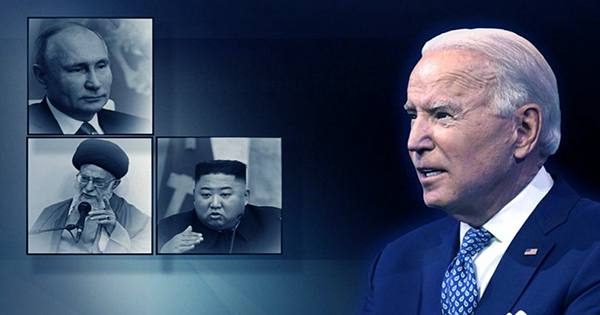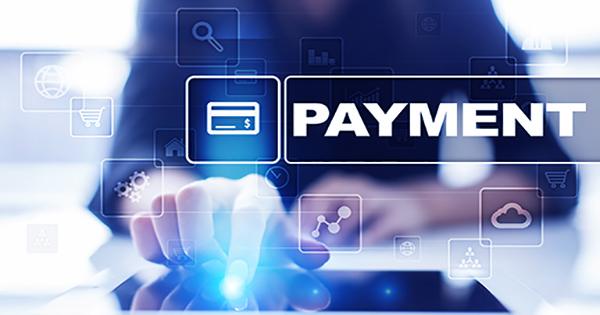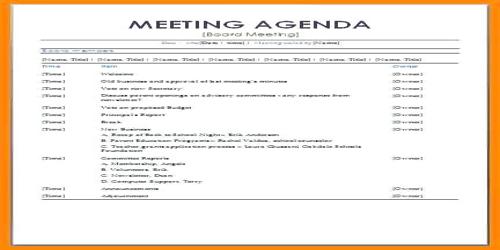The Biden administration is outlining new plans to fight domestic terrorism in light of the January attacks on US capital and media. The White House on Tuesday unveiled a new national strategy to curb domestic terrorism. The plan acknowledges the important role that online platforms have played in bringing violent ideas into the mainstream, calling social media sites the “first front” in the fight against domestic terrorism.
The White House said “the widespread availability of domestic terrorist recruitment materials online is a national security threat, with front-line private-sector online platforms highly effective and we plan to inform the state of our continued efforts to protect the front lines by these platforms.” The Biden administration is committed to sharing more information with the technology sector to fight the tide of online extremism, part of the pressure on extremists to intervene well before organizing violence.
According to a factsheet of the new domestic terrorism plan, the U.S. government will prioritize the “enhanced share of information with the technology sector,” especially on online platforms where extremism is transmitted and organized. “Continuing to increase information on internal terrorism provided to the private sector, particularly the technology sector, will facilitate more government efforts to prevent terrorists from abusing Internet-based communication platforms so that others can be recruited to engage in violence,” the White House Planning State said.
In a statement released during the publication of the Domestic Terrorism Strategy, Attorney General Merrick Garland stressed that coordinating with the technology sector to prevent extremists from organizing and recruiting on online platforms is “especially important” and plans to share increased information on potential domestic terrorist threats. Despite the new initiatives, the Biden administration has acknowledged that the elements of domestic terrorism recruitment will inevitably be available online, especially on platforms that do not prioritize its removal – as with most social media platforms, before January 2021 – and finally Most of the users saw an overflowing crowd of users cracking down on extremism in the United States earlier this year.
The White House plan states, “So it is necessary to provide supplies but not enough: we need to address our needs as well.” “In today’s digital age, the American population needs to be able to use the necessary aspects of Internet-based communication platforms to avoid the risk of domestic terrorist recruitment and other malicious content.” The Biden administration will also address the risks of online extremism through digital literacy programs, such as “educational materials” and “skills-enhancing online games” to minimize Americans’ efforts to recruit internal extremists, and perhaps to expose isolation and misinformation more widely.
















